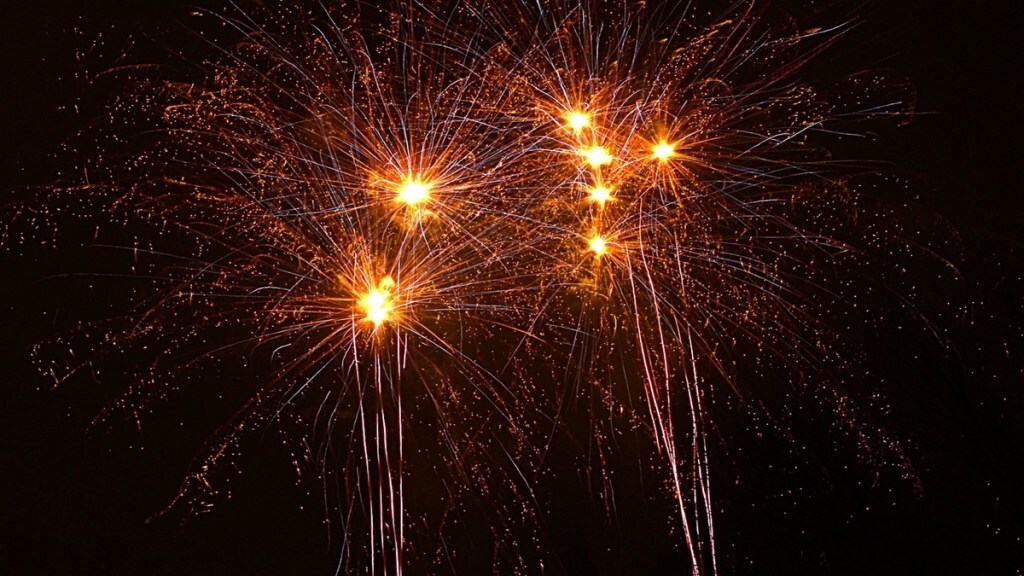Diwali 2024: The festival of light, Diwali is here and people are all set to celebrate traditions including lighting diyas, bursting firecrackers, and feasting on sweets.
However, these festivities often contribute to a surge in air and noise pollution. According to doctors, firecrackers release particulate matter, chemicals, and gases that can significantly degrade air quality, leading to health risks for many, especially those with respiratory conditions.
Cities often experience a spike in pollution levels during this season, prompting a shift towards eco-friendly celebrations. Today, many are opting for cleaner, quieter alternatives like green crackers and community celebrations to enjoy Diwali responsibly.
According to Dr. Adit Zota, Consultant – Pulmonology & Critical Care Specialist, Sterling Ram Krishna Speciality Hospital, Gandhidham, children are especially vulnerable to childhood asthma, which can be influenced by genetics.
“The noxious particles released by firecrackers settle in the airways, causing irritation in the trachea and bronchi, which can trigger asthma attacks in children during Diwali. For young children, it’s crucial to ensure their inhaler doses are appropriate for their age and to begin precautionary measures well in advance—ideally, 15 to 20 days before Diwali. Masks or handkerchiefs over the nose and mouth can also help reduce their exposure to harmful particles,” Dr. Zota told Financial Express.com.
In addition to the use of inhalers, parents can take other precautionary measures for their child’s health, he said.
“Keeping the windows and doors shut when fireworks show probably helps reduce indoor pollution, and using an air purifier with HEPA filters will remove most of the bad particles indoors. Encouraging children to drink more water would be helpful as it thins mucus in the airways, thus making it easier to breathe,” he added.
In order to provide further security, the saline nasal sprays need to be used by parents to keep the nasal passage clear for the child. In addition, there are quick-relief medications and finding air quality levels so that the kid knows when it’s safe to go out.
“Masks or handkerchiefs that cover the nose and mouth should be considered each time the child is taken out for filtering harmful particles in the air. All these would help in preventing a good amount of asthma flare-ups occurring in kids during the festival time, he told Financial Express.com.


